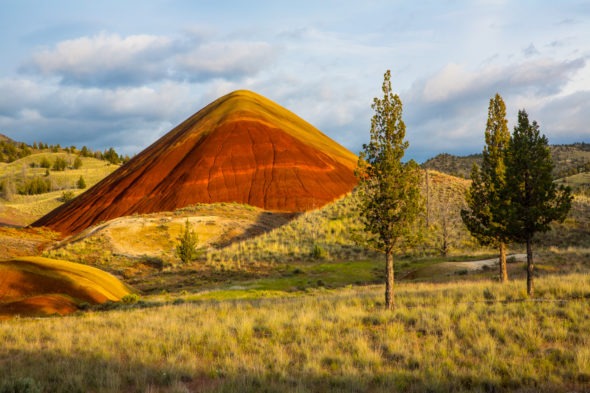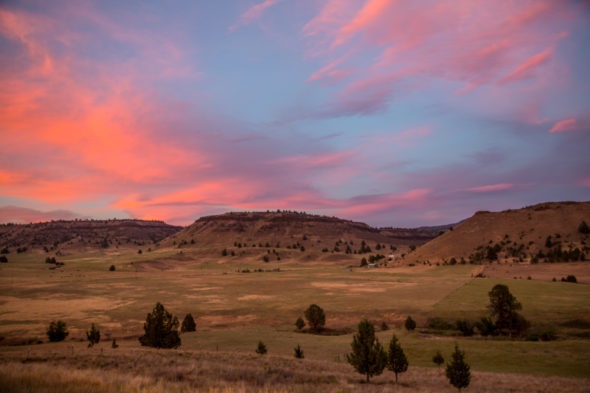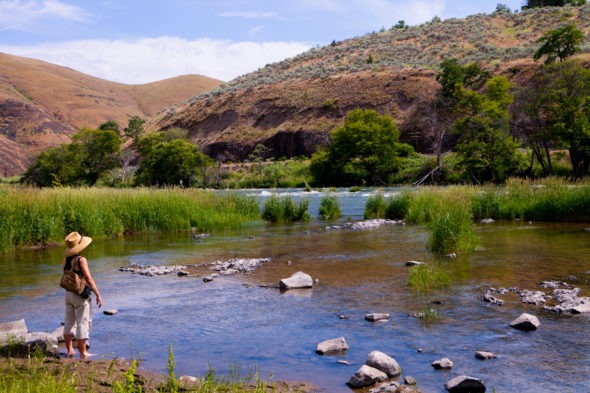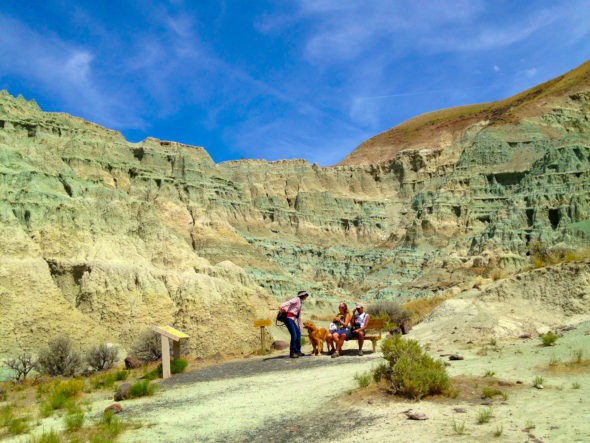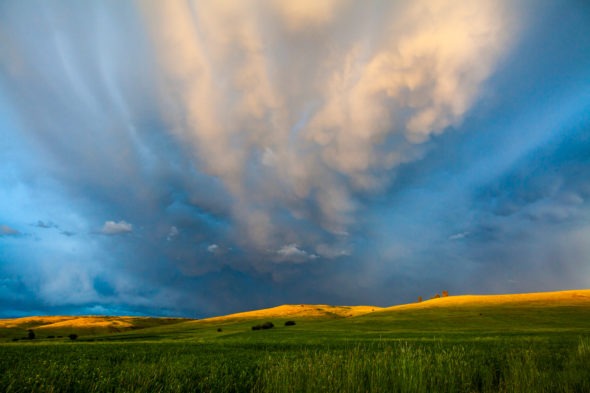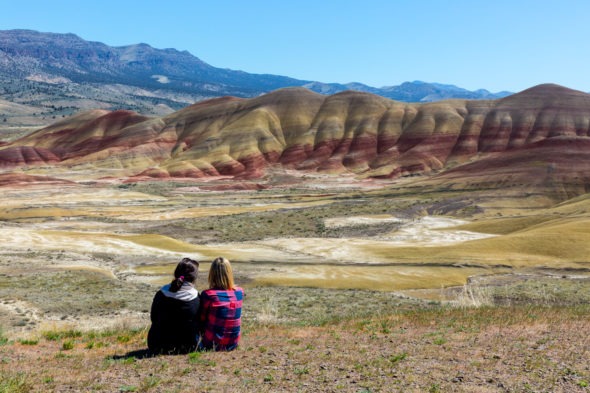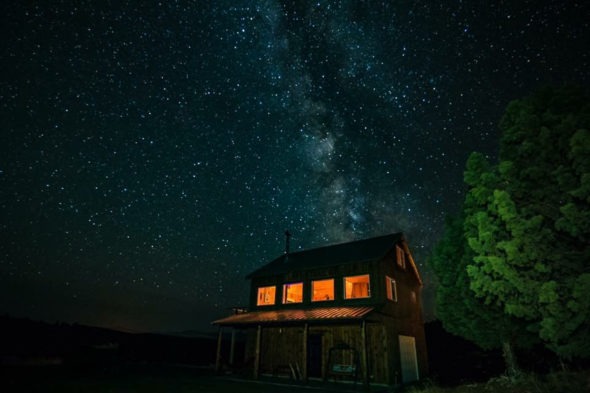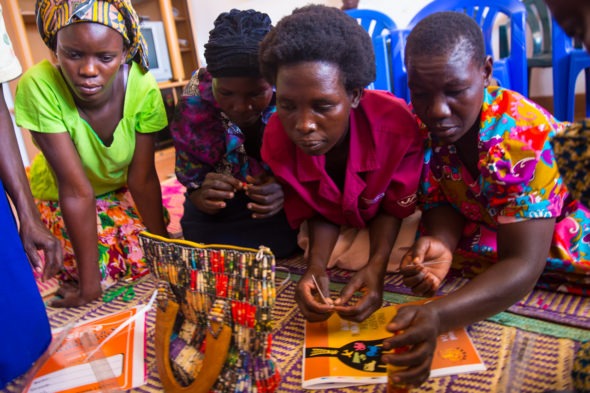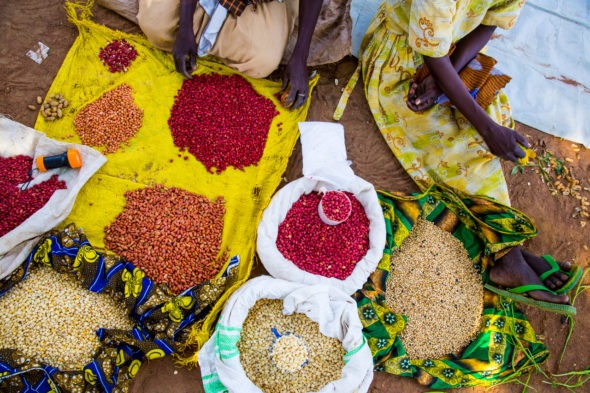“Do you know where I can find a good plumber out here? I’d like to get an outdoor shower up and running before my extended family arrives from out of state soon.”
He looks at me straight in the eye, pauses, and with a slow curl of his lip, he said, “You already have one. That is what hoses are for. Let ’em sit in the sun a bit, and you have yourself some nice hot water also.”
And like that, I learned more than a few lessons.
This might seem like nothing more than a humorous exchange with a dollop of sarcasm, but that moment set the stage for how I would come to live in (and understand) my new rural town of Spray, Oregon.
As I make my way around the new digs, I am constantly learning things each and every day. Close all gates. Respect the land. Ask before making assumptions. Listen closely. Have a sense of humor, politically incorrect at times but rooted in truth.
I was drawn to this area of Oregon because it reminded me of being in Ethiopia, where most of my work has been of late. The landscapes share striking similarities. I also am finding that there is a cultural divide between city/rural that is not unlike the chasm that exists between western/developing nations. And just as we often see aid distribution with well-intentions go awry, the same “we know best” attitudes are too often seen when city/rural tensions collide.
As I dial back my city attributes and attitudes, I am finding myself surrendering to the notion that mankind just might fare best when living close to the land and in shared community. Yet at times I witness something that I just can’t wrap my head around, whether it is seeing a dead coyote draped over a fence or listening to harsh complaints from a local shop owner. Luckily, as I meet people out in this area, I am fortunate enough to be getting some great advice along the way. A very wise local once said something that has now become one of my mantras: There is a reason for this.
There is a reason why city folk and ruralites might clash at times. Judgement and misunderstandings prevail over mindfulness and openness to what I refer to as “crossing the cultural divide”. Whether it be in far away lands with exotic cultures or close to home in rural/city Oregon, both parties must be willing to set aside preconceived notions and seek to understand the position of the other and not make assumptions for what is best. Once this happens, synergistic collaborations can surface.
Our small towns are struggling to stay afloat all over the nation. Big box stores, online shopping, and digital “travel” through our computer screens have fostered a laxity in some for in-person explorations of places outside of our misguided comfort zone. While seeing a beautiful photo online gives great pleasure, there is nothing like planting our feet in front of a soaring and majestic colorful rock formation that is millions of years old while watching a large bird against a kaleidoscope sky search for its dinner and feeling the wind nudge us into letting our fears and worldly concerns slide away.
Nature brings a perspective like no other antidote. It doesn’t matter if we like outdoor sports or not, the point is to just run for the hills and immerse ourselves in sensory delights, whether by foot, bike, boat and yes, even a clunky car. I love finding myself on a deserted road at night when the stars come out and only the moon can be seen with no other man-made structure in sight. It makes me free fall out of the chaos that cities can at times impose upon us. I believe we are more fragile than we realize.
So let’s go. Stop short of only following adventurous people on social media and make your own adventure. Select a far away small town to explore (your dollars are desperately needed to keep these towns in existence), cross that cultural divide and listen to locals tell their stories, tell yours, and become inspired by one another. Commune with some animals. Perch like a bird on a lookout point. Read a book on a riverbank. Explore the remote outer areas that take you a while to reach.
I think there is a reason for this.
(The Painted Hills, part of the John Day Fossil Beds, Oregon)
(Spray, Oregon)
(The Deschutes River, near Maupin, Oregon)
(The Blue Basin, near Kimberly, Oregon)
(Carmen Ranch, Wallowa, Oregon)
(The Painted Hills, near Mitchell, Oregon)
(My cabin in the John Day River Territory, photo by Michael Schoenholtz)
